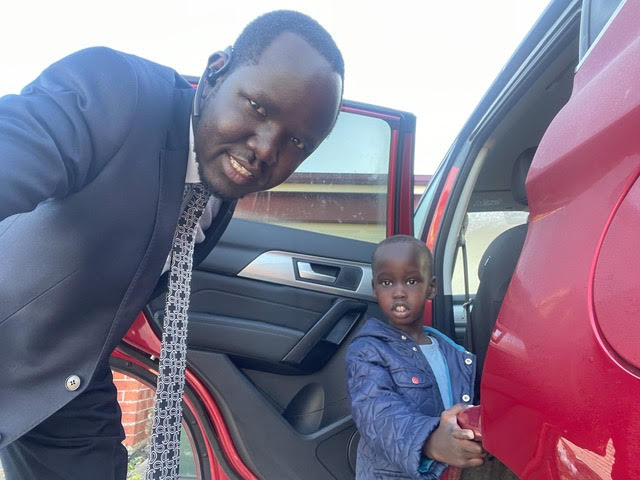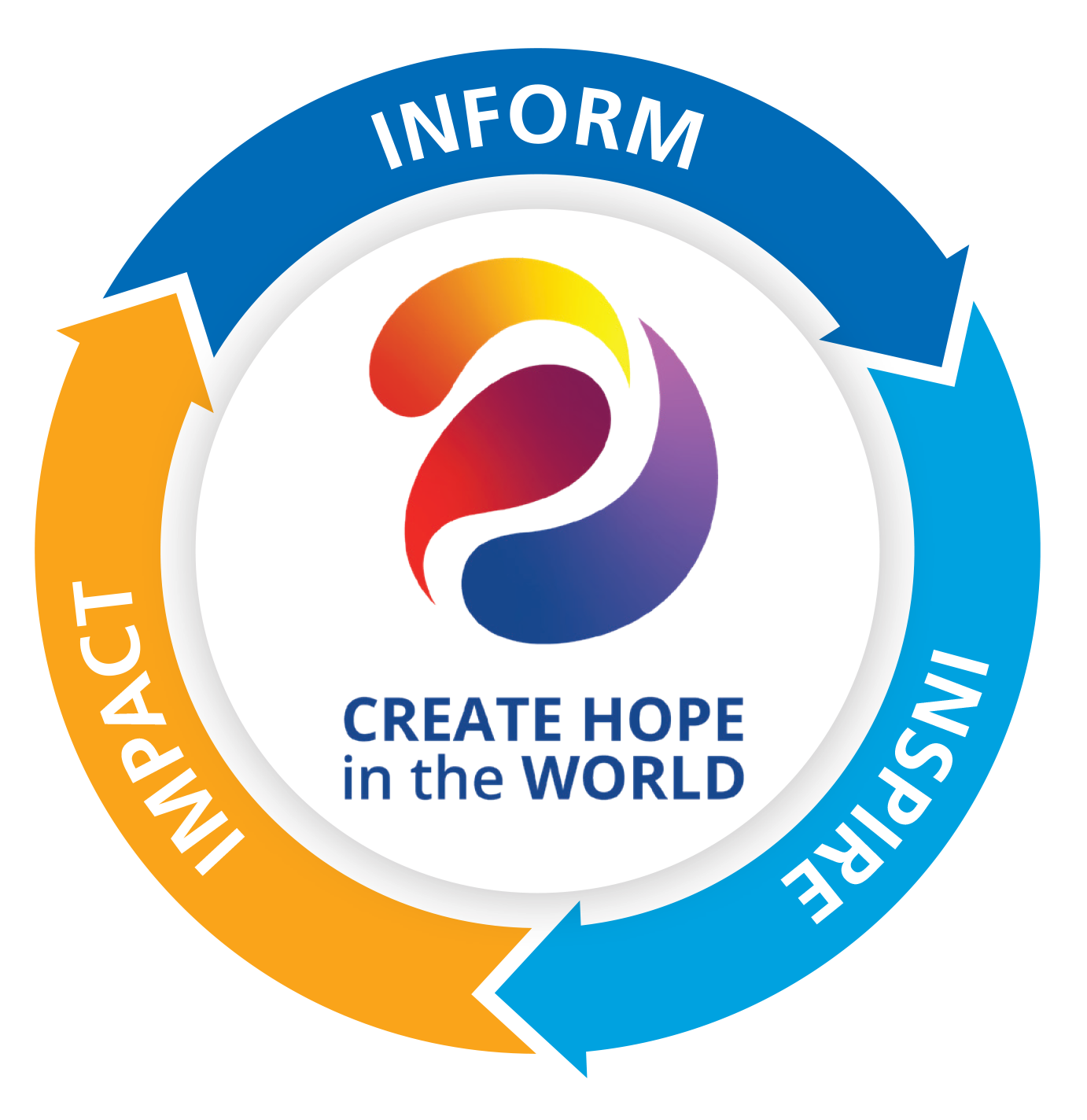 Rotary Central Melbourne (RCM) member Mawien Ariik (known as Ariik) was born in 1989 in the village of Lou Ariik, South Sudan. At the age of eight, he learned that his father (Ariik Dut) had died in the South Sudan war along with millions of others while fighting for the freedom of his people. This tragic loss became Ariik’s motivation to continue the legacy of freedom that his father fought for, and to ensure those efforts were not in vain.
Rotary Central Melbourne (RCM) member Mawien Ariik (known as Ariik) was born in 1989 in the village of Lou Ariik, South Sudan. At the age of eight, he learned that his father (Ariik Dut) had died in the South Sudan war along with millions of others while fighting for the freedom of his people. This tragic loss became Ariik’s motivation to continue the legacy of freedom that his father fought for, and to ensure those efforts were not in vain.
When his father died, Ariik was cared for by his father’s friends, who took him to Uganda which resulted in him being separated from his mother. He ended up in a refugee camp and later transferred to Kenya where he lived for six years.
In 2005 Ariik made his way to Melbourne under an Australian Government Humanitarian visa. He first lived in Footscray and one of the first tasks was to open a bank account. He told the bank employee that he one day wanted to work in a bank and when he finished studies several years later, he began working at the same branch with the person who had opened his account.
In 2016, Ariik returned to Lou Ariik village and noted that the health conditions of the villagers remained unchanged from when he had left more than 10 years earlier. Its extreme isolation from other towns, particularly in emergency situations such as floods, makes it difficult for the villagers to have timely access to health services and many die from preventable diseases. There is currently only one primary health care clinic servicing 60,000 people. After noting an obvious need for a health initiative in the village, Ariik returned to Australia and formed South Sudanese Health Matters Inc (SSHM) in 2018. The objective of SSHM is to assist in the development of a medical centre for the community of Lou Ariik. In the meantime, there are smaller, immediate health and hygiene needs in the village such as access to clean water and improved women’s hygiene. Ariik created SSHM as a platform for identifying the basic needs of the village and surrounding parts of South Sudan; needs such as healthcare, education, clean water, sanitation and hygiene.
Menstrual hygiene is something that the first world takes for granted. In South Sudan, one of the newest and poorest countries in the world, poor hygiene results in significant reduction of long-term life chances for women. In Lou Ariik Village, it is a common experience for girls to miss school during menstruation and, due to poor sanitation and hygiene, infection rates are higher than they should be. Most schools are also ‘under the trees’ schools. The Girls Sanitation and Education project will distribute 800 re-usable menstrual hygiene kits within a carefully designed education program. The main intended outcome is to improve the retention of girls in school and thus improve their educational performance. In broader terms, the project is designed to empower girls, address traditional cultural mores sensitively, and reduce infection rates.
The initial stages of the project have been a complex affair: locating professional local partners; securing funding; designing a fit for purpose program; and building in sustainability, has been a challenge. Members of RCM’s International Committee have been closely involved in program design, fund-raising, and assistance with selection of local partners. The Rotary Foundation has also supported an application for a District International Grant and with that support the project has met its AUD20,000 target. This translates to a cost of $25 per girl, a small cost for a huge benefit.

